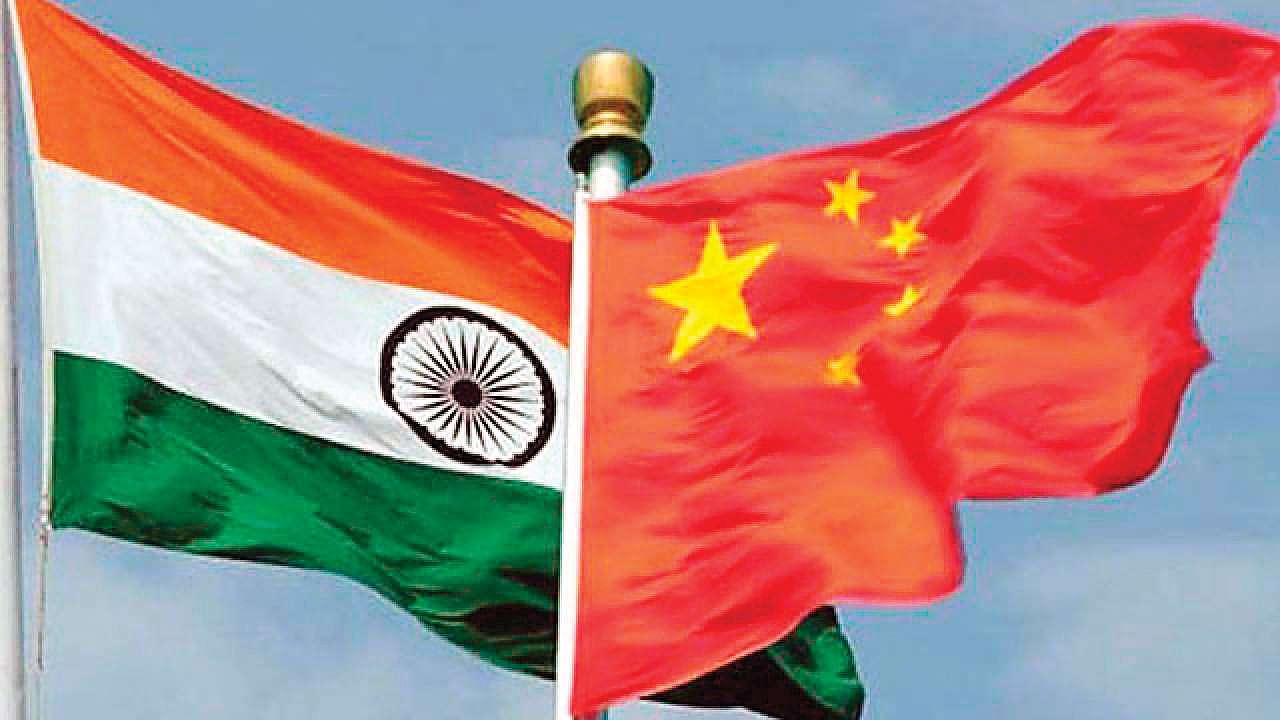
Unlike voluble India, China is traditionally regarded as inscrutable. The best known Chinese, Mao Zedong, was famously known to speak in parables.
In democratic India, public statements come dime a dozen, as compared to China where public pronouncements on India are far and few in between. So diplomatically and literally speaking, it would be safe to conclude that actions talk louder than words. It is not what is said, but what is done that provides a clue to which way the wind is blowing. And some recent actions would suggest that the winds that are currently blowing are not too friendly.
The celebrations of Mahatma Gandhi’s birth anniversary, held every year since 2005 at a public park in Beijing, was shifted to the Indian Embassy premises at the last minute on Wednesday after the Chinese government denied permission to hold the event.
Typically of the Chinese, no explanation was offered and none asked for. For the last 14 years, Gandhi Jayanti celebrations were held at the picturesque Chaoyang Park after a statue of Gandhi sculpted by famous Chinese sculptor, Yuan Xikun, was installed there.
The popular public park has the only sculpture of Gandhi in China. Every year the Indian Embassy along with Yuan, who is also the curator of the Jin Tai Art Museum located in the same park, organises the October 2 event.
Surprisingly, this year the permission was not received though it has been applied well in advance like every year, newspapers quoting Indian Embassy officials said. The event was shifted to the embassy auditorium after the Museum informed the Mission that the event cannot be held in the absence of the permission.
Indian embassy officials, who were surprised by the delay, had to make alternate arrangements in a hurry to shift the function to the Indian Mission. In the aftermath of abrogation of Article 370 in Kashmir, Beijing’s defence of its all-weather friend Pakistan has been stout, straining relations between the two giant Asian neighbours.
China has also told India not to block its Huawei Technologies from doing business in the country, warning there could be consequences for Indian firms operating in China. India is due to hold trials for installing a next-generation 5G cellular network in the next few months, but has not yet taken a call on whether it would invite the Chinese telecom equipment maker to take part.
In the midst of all this, comes news from the strategic North East Frontier. Border Roads Organisation (BRO) has built an alternative road through which Indian troops can enter the Doklam valley — the site of a 73-day military standoff between India and China in 2017 — where the Chumbi valley of China, Bhutan and India converge.
Experts believe that this development has the potential to alter the military dynamics in the region. In 2017, the Indian Army was forced to move to the tri-junction through a single road in the absence of an alternative, delaying the deployment of troops in Doklam. The alternative road will enable access to the area through two points, easing logistical difficulties, reducing time and making the process of deployment smoother. It seems, China is not the only one making preparations near Doklam.